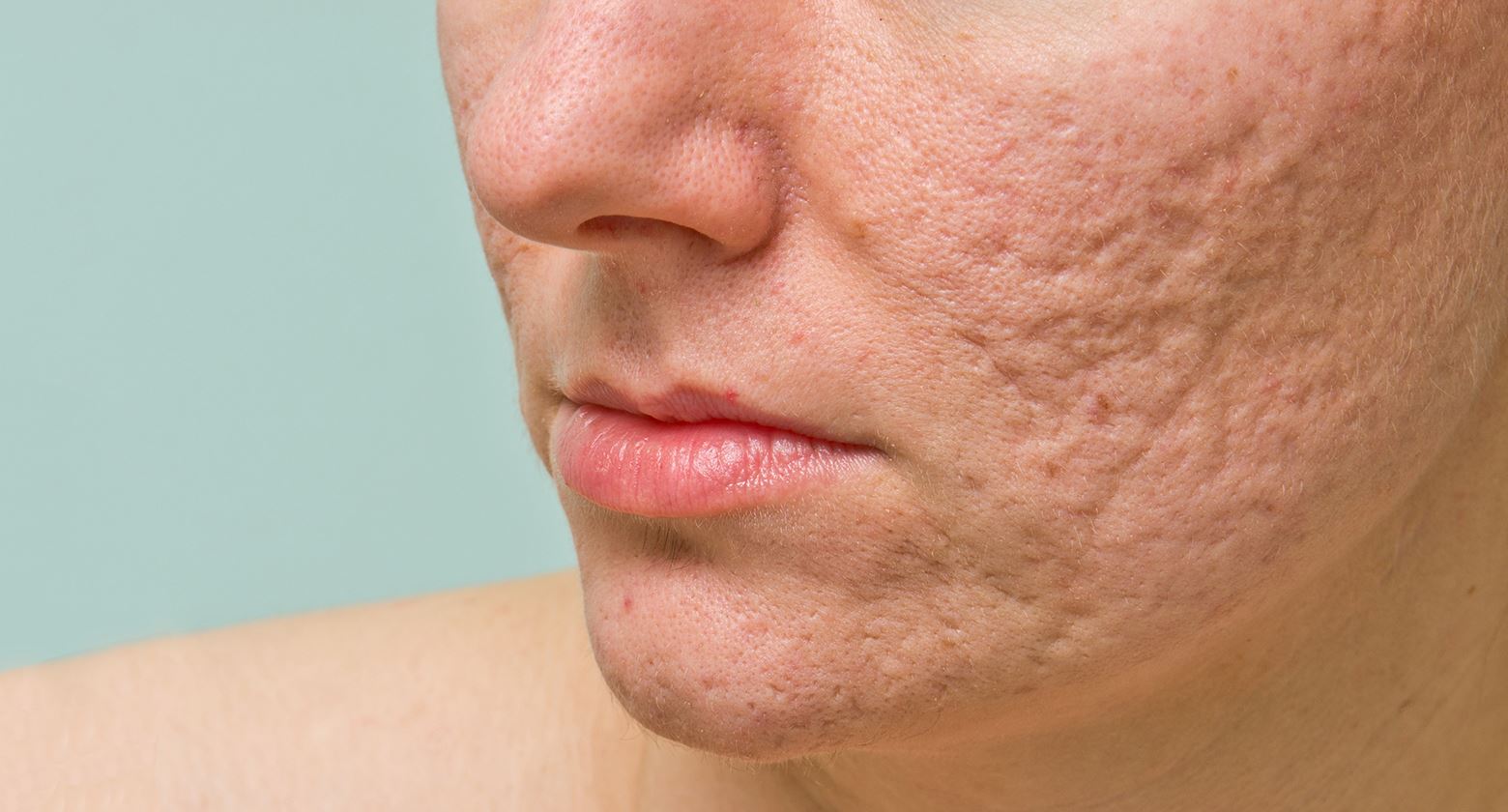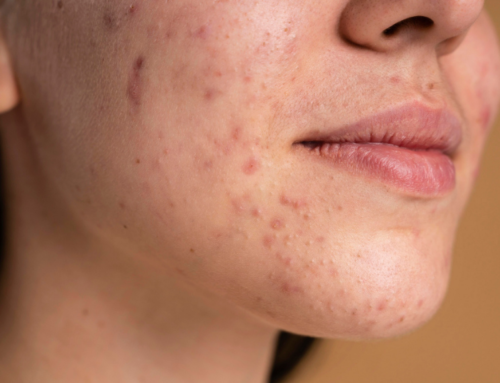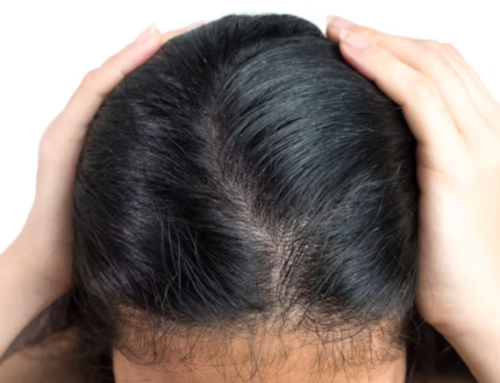BY DR. PRANJAL SHAMSHER, 16TH JUNE 2018
Are you suffering from low self-confidence because of acne? Have you been avoiding social gatherings due to those troublesome zits? Do not worry. You are not the only one having to go through this humiliating and embarrassing phase. Acne is a common skin condition and there are millions of people affected by it.
Yes, dealing with a pimply face on daily basis is not something you look forward to and not to mention the after-effects – the scars.
So what is acne? What causes them and how to deal with them? Read on to learn more.
What is acne?
Acne is a common skin condition which occurs due to inflammation or infection of the sebaceous glands in the skin. The condition is characterized by pimples, black heads and white heads. Acne is mostly seen on the face, neck, back or upper arms of a person.
Acne mostly affects preteens and teens and is seen among both boys and girls. While some teens might get away with just a few eruptions, others are marked / scarred for life.
We’ve guessed your next question.
What are acne scars?
Once your acne has healed, you will notice a red mark on your skin which looks like a scar but is actually a post-inflammatory change. Mostly, the redness is part of the healing process and will disappear within 6 to 12 months without a sign. However, if acne lesions develop repeatedly in the same area, then the healing takes place abnormally leaving behind a permanent scar.

Acne scars are classified as icepick, rolling, and boxcar based on the appearance of the scar.
Ice pick scars are sharp, narrow and go deep into the subcutaneous layer. In this case, the skin looks like it has been picked with an ice pick and hence the name.
Boxcar scars leave a deep angular dent in your skin which is quite similar to chickenpox scars. These scars mostly appear when your skin is destroyed due to seriously inflamed acne.
Rolling scars occur when the bands of tissue developed between the skin’s surface and deeper structures begin to pull at the skin, giving the skin a rolling, ‘wavy’ appearance. These scars look like pits or depressions on your skin.
If you don’t want to be scarred permanently, the best thing to do is prevent the acne lesions from occurring.
Treatment of acne
There are many self-help tips that you can follow to control acne and prevent scarring. First of all, keep your hands off your face when you see a pimple. A few moderations to your lifestyle will go a long way in keeping the unwanted pimples at bay. Eat a balanced, healthy meal, sleep well and drink lots of water.
The next step would be to keep your face as clean and oil-free as possible. Use a cleanser to wash your face at least twice a day. This will reduce the irritation and sensitivity of the skin.
Exfoliation is a good way to open the pores without being harsh on your skin. There are several mild exfoliating scrubs available in the market which will gently remove the outer layer of your skin allowing your pores to breathe.
Use a good quality astringent to wipe away oil from your face. Though you cannot stop your oil glands from producing oil, you can try and get rid of it as much as possible. You should consult a dermatologist for acne scar treatment if those self-help tips are not working.
Tips to prevent acne
Clean face: Whether you have acne or not, it is important to keep your face clean. Washing your face not just removes dirt, but also dead skin cells, oil, and other impurities. Always use warm water and a mild face wash. A body/deodorant soap may irritate your skin and if your skin is already inflamed, it is sure to get worse.
Use moisturizer: Your face tends to become dry once you’ve washed it. Always use a moisturizer as this minimizes the peeling of skin and dryness.
Beware of hair products: Using hair sprays, gels, and fragrances or harsh chemicals on your hair will multiply the occurrence of acne on your face, as these ingredients may drip on your face, blocking the pores. If you have oily hair, wash it as often as possible especially if you are prone to acne and if you have long hair, keep it out of your face.
Cosmetics: The use of cosmetics such as foundation, powder, or blush should be avoided during a pimple breakout. If you absolutely have to wear it every day, then opt for the oil-free cosmetics which come without added chemicals. Make sure you read the ingredients of the product before buying.
Hands off your face: Try and keep your hands off your face. By touching the pimple or popping it, you are just irritating the already inflamed skin, which will result in some more infection. This also means that you will end up with a scar on your face for four weeks instead of just five days.
Keep these simple self-care tips in mind and manage your skin problems before they get worse!
To read more on acne and scars click HERE.
Dr. Pranjal Shamsher is the first Skin Doctor in Bangalore to offer natural, non-surgical and non-invasive treatments for skin disorders. With over 25 years of experience in the field of Skin and Dermatology, Dr. Pranjal Shamsher has devised a unique Multi-Therapy approach involving the use of several therapies at the same, to treat the most stubborn, obstinate and long-standing skin disorders with a skin-friendly and 100% side-effect free results. Her integrated and Multi-Therapy approach has helped many chronic disease sufferers to recover safely without any side-effects.
Dr. Shahid Shamsher is one of India’s first certified Trichologist practicing in the field of Trichology for 27 years and is recognized as one of the Best Hair Doctor in Bangalore. He is the only Trichologist in India to be simultaneously certified from the U.K, Australia, and India.








